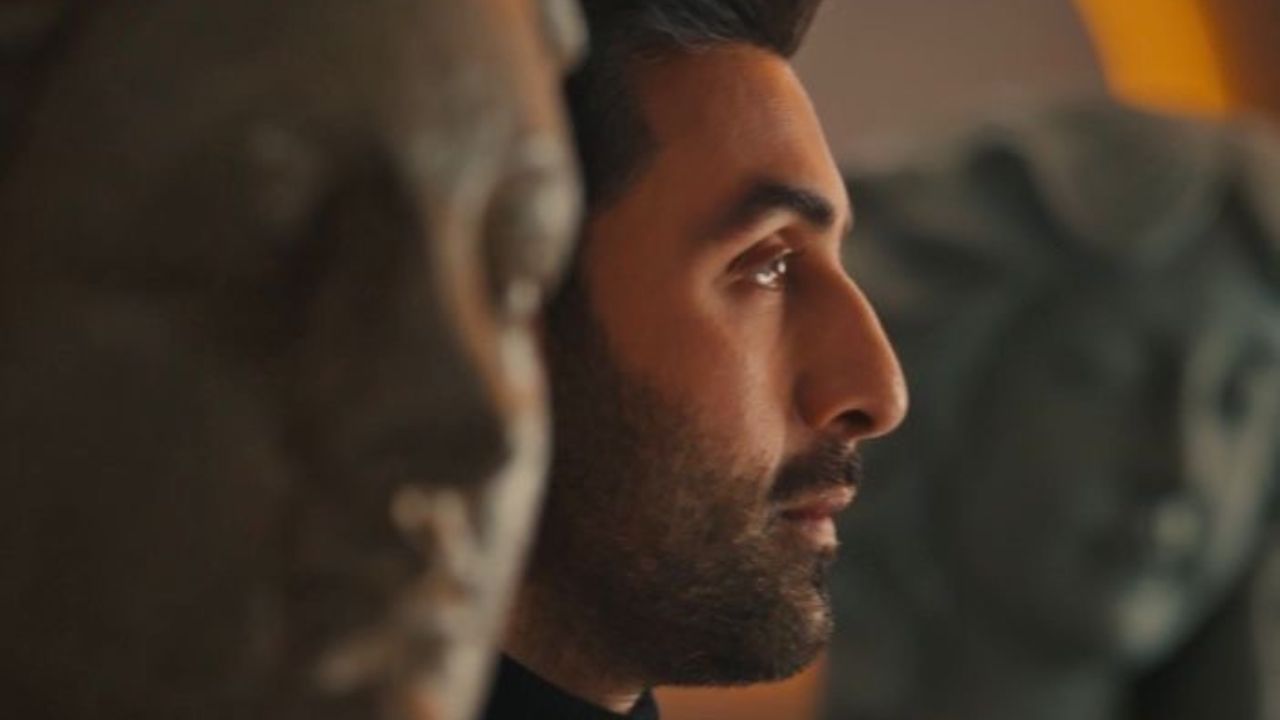BBDO/Proximity India has launched a study on the power and dynamics of social movements, and the implications this has on brands.
The study titled “How your brand can incite a movement” analyses over a hundred social movements from across the world that have had a significant impact on the way large numbers of people think and behave. Included in the study are movements driven for commercial goals.
The study concludes that despite a large degree of diversity and complexity of the movements studied, all successful movements can be reduced into three distinct phases. These are ‘motivation’, ‘agitation’ and ‘explosion’. All successful movements move through each of these phases, but within each of these phases the critical factors and dynamics are very different.
The study also develops clear and practical guidelines for marketers and agencies to embed these learnings into the strategies. It concludes that while it may not be appropriate for every brand to create its own movement, any brand can accelerate their growth and their power by adopting some of the principles that have made social movements successful.
The agency says its recent 'Women Against Lazy Stubble' campaign for Gillette (that won at Cannes this year) and Aviva ‘Great Wall of Education’ campaign (to underline their brand commitment ‘Education is Insurance’) are examples of these principles put to work.
Andy Wilson, chairman of the Asia Planning Council for BBDO/Proximity, who has spearheaded the study in Asia, commented, “Ideas have been spreading throughout populations long before brands were in existence. Understanding how those ideas spread and changed people’s behavior, and what factors allowed some movements to succeed while others failed, has allowed us to shed significant insight on how to manage brand campaigns.”
Chris Thomas, chairman and chief executive officer, BBDO/Proximity Asia, said, “This is a significant piece of original thinking that will prove of incredible value to any client wishing to generate behaviorial change on a mass scale, or generate irrational loyalty for their brands. This study provides us with significant insights into how this can be done effectively.”
Ajai Jhala, CEO, BBDO/Proximity India said, “India is a country whose history and culture is built on the constant spreading and sharing of ideas, so this study is particularly relevant to our clients. What is unique about this study is that it takes as its starting-point mass behavior change and understands how that comes about”.
Josy Paul, chairman and CCO, BBDO/Proximity India, said, “We believe that the time is right for big brands to pursue transformational ideas that create action, that increase active participation and new advocacy. Time to ‘create acts, not ads’. As individuals become mediums, and social networking speeds up conversation, we are moving from thought-leadership to action-leadership!”




